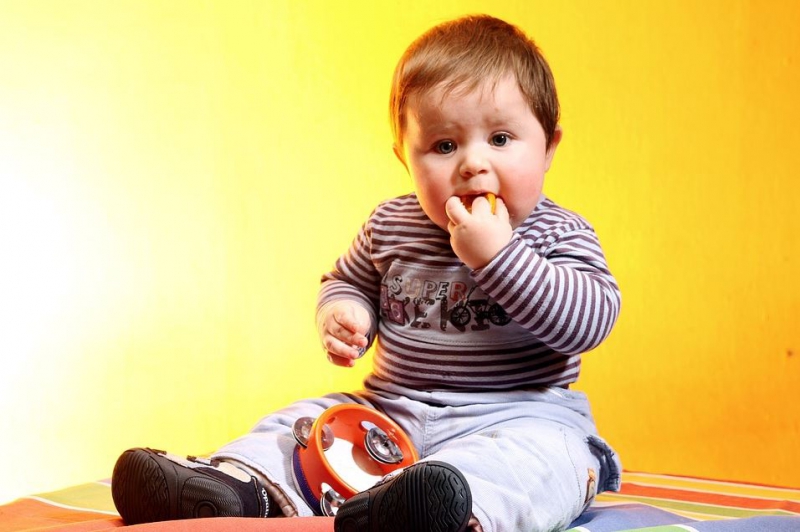 |
| Source: Pixar Bay |
As the year-end approaches, many gatherings and parties, including Christmas, are waiting for the children. However, if you eat all of the delicious food and eat it all, you can develop health by obesity.
Let's see how to control children's obesity.
Healthy eating is important
Healthy eating habits are the most important to prevent child obesity.
Obesity expert Lancet reported that obesity trends in more than 200 countries have shown a 10-fold increase in obesity among children and teenagers over the past 40 years.
Obesity, like adults, also pose a great health risk to children. For example, type 2 diabetes that can cause heart disease and kidney failure can occur. Especially, when you feel that you can not control your eating habits, you can not ignore the psychological effects such as anxiety and loss of self-esteem.
Obesity in childhood should be considered as serious as it causes more risk for heart disease, such as high cholesterol and high blood pressure.
Effects of Obesity on Mental Health
The US Centers for Disease Control and Prevention (CDC) has warned that in addition to type 2 diabetes, it increases the risk of chronic diseases such as asthma, sleep apnea, bones and joints.
In addition, he added that his abnormal weight could be exposed to psychological distress as he was bullied or harassed by his peers. Depression can also lead to depression or social isolation, which can last until adulthood. In addition, obesity can persist until adulthood, causing physical and mental health problems for life.
According to the survey, high-fat foods such as cheap fast food and snacks have been sold, and obesity has gradually increased. In this environment, parents should educate their children to have the right values in their eating habits and attitudes toward food.
How to teach your child healthy eating habits
Clinical psychologist Linda Blair introduces some eating habits that parents can teach their child.
Dr. Blair said, "Parents should be good examples of children." It is important to tell them how to eat properly than to teach them how to eat. It is the most effective education for children to show their parents what foods they choose and what their eating habits are. For this reason, you should try to eat with your child.
The way we talk about food and weight is also important. It is to talk about the positive characteristics of eating food, not the negative aspects, but to make the meal itself a 'source of joy and energy'.
It is also an effective way to educate people about fresh fruits, vegetables and grains rather than sweet and salty foods. In particular, it is good to see the main ingredients of the food while checking the label attached to the food. Usually, the more ingredients are listed, the more sugar and additives are mixed. If you can cook together at home after shopping, it is better to show children how to make healthy food visually.
Finally, you should be taught not to concentrate on other things during meal times. Instead of watching a smart phone or TV, let's talk and feel the taste of food. You can learn to value good food and also to think about time with your parents meaningfully.
There are also some tips that the American Heart Association (AHA) has suggested for parents.
First, you should be able to give your children a moderate amount of healthy food to maintain good eating habits and encourage them to drink large amounts of water. It would be better if children's favorite food could be cooked in a healthy way by changing the recipe. However, foods with high calories should be avoided.
Children should also be able to learn the benefits of physical activity. Exercise and other physical activities can lower your blood pressure and strengthen your bones, helping you manage your overall weight. At the same time, it not only alleviates stress and anxiety but also increases self-esteem. The AHA recommends a minimum of 60 minutes of moderate physical activity throughout the week, which is best if you can do it daily, including exercise on a daily schedule.
Children like sweet and irritating sweets and fast food. Parents need to make active efforts to ensure the health of their children when eating vegetables.
![[Parenting] Increasing Child Obesity, Proper Education for Parents parenting increasing child obesity proper education for parents](https://moontore.com/wp-content/uploads/2019/02/parenting-increasing-child-obesity-proper-education-for-parents-1200x700.jpg)


